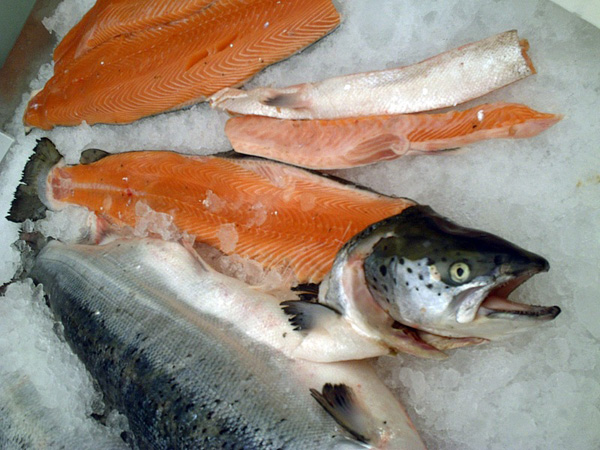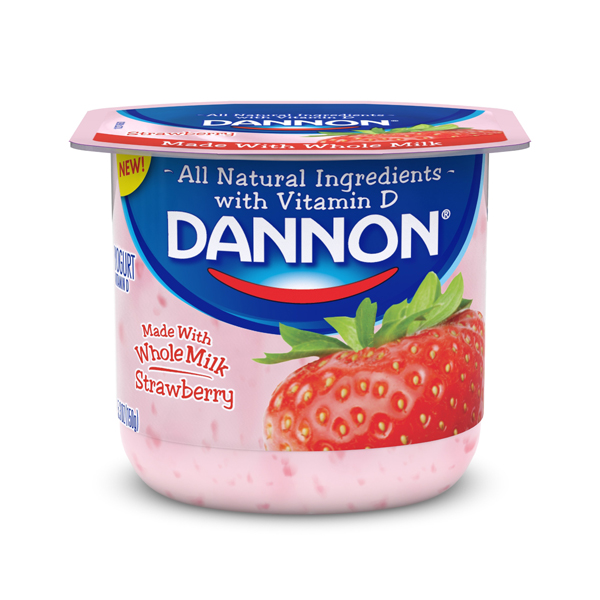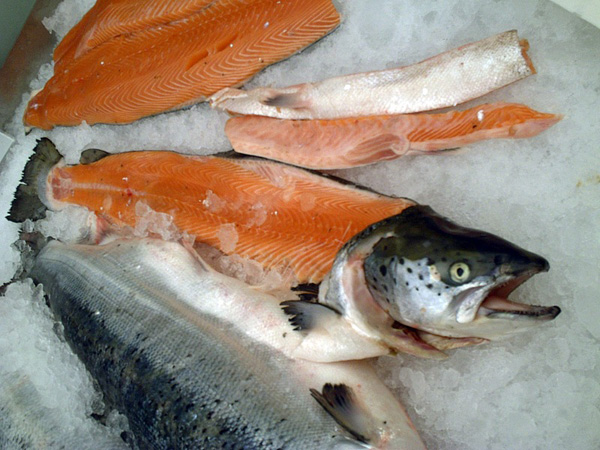As most food manufacturers scramble to distance their products from GMOs, or genetically modified organisms, a new line of chocolates is boasting the opposite.
Ethos Chocolate was created by a non-profit coalition of more than 1,600 farmers who are part of A Fresh Look, an organization that promotes the benefits of GMO farming. As a result, the new Ethos Chocolate line is marketed as a proud pro-GMO product.
“We want to help educate the public on the value of GMO farming and the positive impact biotechnology can have on a local and global scale, like slashing pesticide use an average of 37 percent worldwide,” said Rebecca Larson, A Fresh Look’s lead scientist. “We want people to enjoy these delicious chocolates but also take a fresh look at GMOs.”

Each of the four bars in the line contain sustainably grown cacao from the Dominican Republic and features a fruit that the group claims genetic engineering has saved or improved.
“Chocolate could go extinct!” the group says. “What most people don’t realize is climate change and disease could push the cacao tree – or chocolate – into extinction by 2030, according to scientists.”
The Optimist, made of plain cacao, recognizes genetic engineering for its exploration to protect cacao trees. While The Survivor features papaya, a fruit the group says was saved by genetic engineering in Hawaii after it was decimated by the ringspot virus.
The Hero highlights genetic engineering underway in Florida to help orange trees fight citrus greening disease, which threatens the entire citrus crop. Lastly, The Trendsetter praises GMO farming for paving the way for non-browning apples that stay fresh longer and help cut food waste.
“We know many Americans are passionate about chocolate, so we’ve created a product to tangibly illustrate the benefits of a technology that is often misunderstood,” said lead scientist Rebecca Larson, Ph.D., for A Fresh Look. “Chocolate is worth saving, so what could be a better embodiment of the benefits of biotechnology than creating our own line of chocolates to tell that story,” said Larson.
Ironically, most brands are seeking to distinguish their food as GMO-free, with a growing number of products displaying a prominent “non-GMO” label that features a colorful butterfly. This voluntary labeling standard is offered by the Non-GMO Project, an advocacy group that provides a verification process in order to determine GMO content.
The contentious issue of genetically-modified crops continues to generate debate around the world, with scientists, food producers, and consumers all holding a wide range of opinions on the issue.
As the majority of scientists agree that GMO foods are safe to eat, consumers remain highly skeptical. In fact, 46 percent of Americans surveyed say they actively avoid products with GMOs, according to a 2018 study published by the Hartman group.
The group says there are many misconceptions about GMOs, it cites a recent report from the University of Colorado-Boulder that found opponents of genetically engineered foods “know less than they think.”
“This result is perverse, but is consistent with previous research on the psychology of extremism,” said Philip Fernbach, the study’s lead author and professor of marketing at the Leeds School of Business. “Extreme views often stem from people feeling they understand complex topics better than they do.”
Fresh Look argues that genetic modification is the most precise crop improvement technique to selectively cultivate crops with desirable traits that already occur elsewhere in nature, such as drought tolerance or insect resistance.












Join or login to leave a comment
JOIN LOGIN